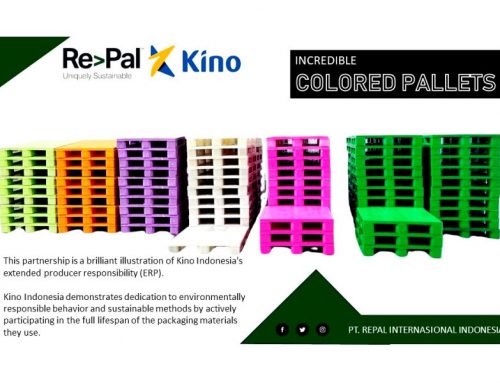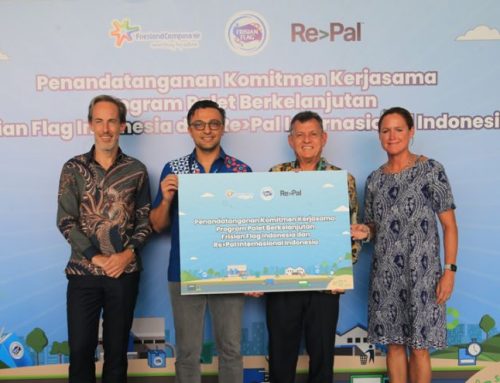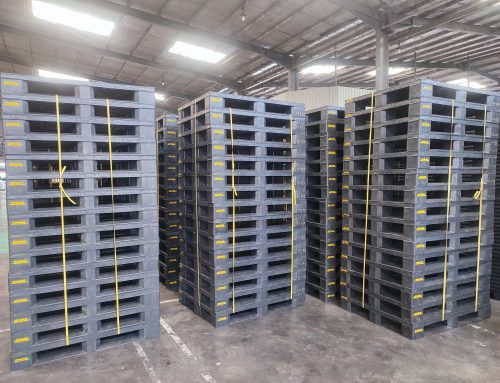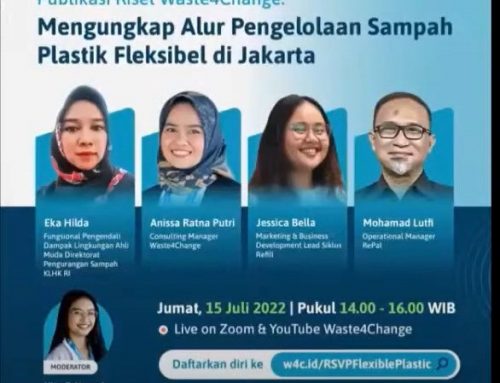Wednesday 17th February 2016
The Foundation advocates that this model will provide enormous economic, environmental and social benefits to society. In 2016 they published a report entitled ‘The New Plastics Economy’ which was released at the World Economic Forum annual summit in Davos. The report provides a comprehensive global perspective of the broader plastics economy, sets out a roadmap for reworking the current plastics system from a linear model in to a circular one and makes a series of recommendations regarding the best mechanisms for achieving these economic and environmental benefits.
The report refers to some staggering statistics about the use of plastic within society.
- 311 million tonnes of plastic produced in 2014. To double by 2034
- 95% (USD 80-120 billion) of plastic packaging material is lost to the economy after a short first use
- 150 million tonnes of plastic in the ocean today. More plastic than fish in ocean by 2050 in weight
- Plastics recycling innovations currently too fragmented and uncoordinated to have impact at scale
32% of plastic escapes collection systems, generating significant economic costs by reducing the productivity of vital natural systems, like the ocean, and urban infrastructure. The cost of such after-use externalities for plastic packaging, plus the cost associated with greenhouse gas emissions from its production, is conservatively estimated at USD 40 billion – exceeding the plastic packaging industry’s profit pool.
The report cites the many drawbacks within the current system that account for such shocking statistics and whilst there are many and varied efforts to recycle plastics in the past, recycled plastic innovation has been too fragmented and uncoordinated to have any real impact or scale. The report offers several recommendations to enhance system effectiveness and achieve better economic and environmental outcomes in alignment with a transition to a circular economy. Broadly, these recommendations involve:
- Radically increasing the economics, quality and uptake of recycling
- Scale up the adoption of reusable packaging
- Improve after-use plastics collection, storage and reprocessing of infrastructure
- Increase the economic attractiveness of keeping materials in the system
- Steer innovation investment towards creating materials and formats that reduce the negative impact of plastic packaging leakage
- Decouple plastics from fossil feedstocks
- Improve recyclability technology currently hindering the efficacy of traditional recycling process
The report proposes that new innovations will lead the charge in combatting the global plastics problem.
At Re-Pal, we feel we can play a big role in the solution. Our innovative, trade secret Thermo-fusion™ technology will revolutionize traditional recycling technologies. We are able to recycle mixed waste plastic packaging, cutting costly sorting and cleaning processes. Our pallets are 100% recycled, meaning there is no virgin plastic mixed in with the recycled plastic, as is often the case with traditional recycled plastic products. Our pallets are 100% recyclable at the end of their lifecycle, meaning that we can offer a closed loop model of recycling, in alignment with the vision of a circular economy.
Re-pal is very excited to work towards the goals of the Ellen MacArthur Foundation and contribute to helping the environment, finding solutions for climate change and making the world a better place for everyone.






